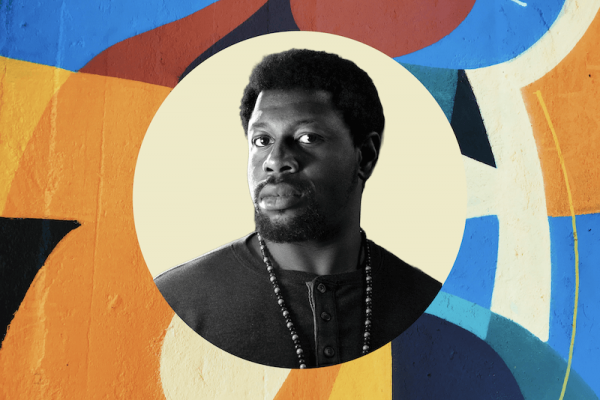Sep 29, 2022
“Centering the marginalized” is common parlance among both Christian and secular social justice advocates. This especially makes sense for Christians, as it was Jesus who said, “the last will be first, and the first will be last” (Matthew 20:16). So when it comes to seeking justice, it makes sense that we’d try to prioritize the experiences and perspectives of those our society discriminates against because of religion, race, gender, sexual orientation, or other identities. But two examples from this past year have made me doubt the viability of an identity-based approach for pursuing social justice.
Read the Full Article

Already a subscriber? Login
